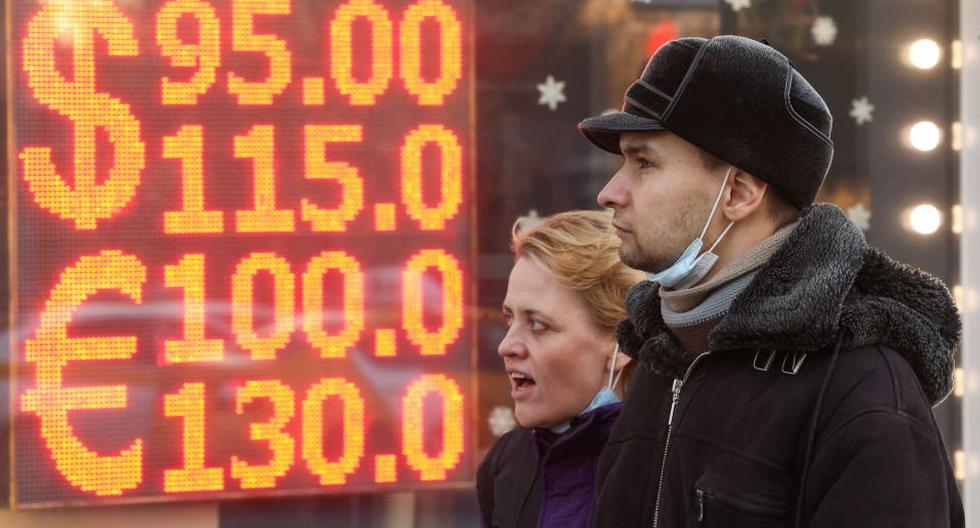The euro Traded at its lowest level in two decades on Wednesday, stocks fell and German bond yields hit their highest level in eight weeks, as investor sentiment deteriorated under the weight of high credit prices. energy, a series of bad global economic data and fears about inflation.
Renewed concerns that central banks will continue to hike interest rates aggressively to rein in inflation also unsettled investors ahead of the Jackson Hole central banking symposium, which opens on Thursday.
The euro was down 0.4% at $0.9925, trading just above its 20-year low hit on Tuesday.
LOOK: Price of a kilo of chicken flies and costs almost S / 12
The movements were due to “the combination of the Federal Reserve and other central banks sticking to their inflation mandate and, at the same time, the latest economic indicators showing signs of weakness not only in Europe, but also in the United States and Japan”said Tai Hui, chief market strategist for Asia at JPMorgan Asset Management.
Wednesday is a fairly quiet day in terms of data, but the previous day’s poor economic activity reports from the euro zone – which contracted for the second month in a row – the United States and Japan, continued to hurt appetite for assets. higher risk, such as stocks.
Energy prices are also a factor, with Dutch gas contracts, the benchmark for Europe, recouping the previous day’s losses and trading near their five-and-a-half-month high hit on Monday.
The cost of energy is one of the main drivers of inflation, and expectations that the European Central Bank will step up its rate hikes to control it have contributed to the 10-year German government bond yield, the bloc’s benchmark , hit a new eight-week high at 1.38%.
Markets are also pricing in their expectations of Federal Reserve rate hikes, after speculation their pace could slow buoyed stocks earlier in the month.
LOOK: Sunafil formalized 165,390 workers, which were the sectors with the highest number?
What is this depreciation due to?
This is due to the strength of the dollar, sustained by the monetary policy of the United States Federal Reserve (Fed).
Contrary to the European Central Bank (ECB), the Fed quickly began raising interest rates to fight inflation.
Those high interest rates make it more profitable to own dollars, which attracts investors and further appreciates the currency.
For its part, the ECB has finally raised its rates moderately, but its long-term policy is unknown, and this uncertainty weighs against the euro.


















